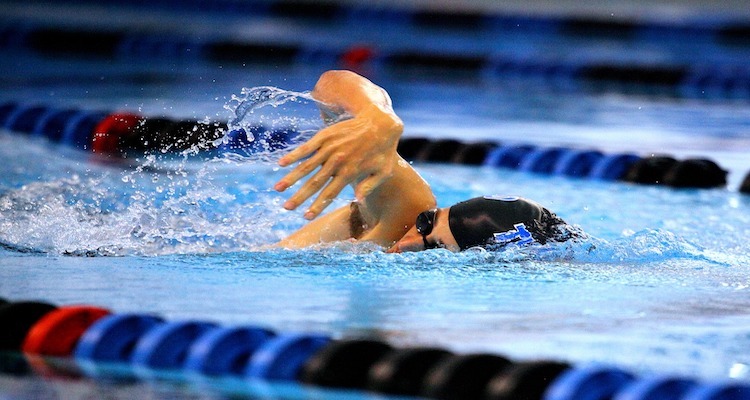
Competitive swimming is a demanding sport that places significant physical and metabolic demands on the body. To perform at their best, competitive swimmers need to pay careful attention to their nutritional requirements. Proper nutrition plays a crucial role in supporting optimal performance, enhancing recovery, and maintaining overall health for swimmers.
In conclusion, competitive swimmers have unique nutritional requirements to support their demanding training and competition schedules. A well-balanced diet rich in carbohydrates, proteins, and healthy fats, along with proper hydration and timing of meals, is crucial for optimal performance, recovery, and overall health. By paying attention to their nutritional needs, swimmers can maximise their potential in the pool and achieve their goals. One way to do this is to work a qualified sports nutritionist.
A sports nutritionist can provide valuable guidance and support to a swimmer in several ways:
Overall, a sports nutritionist can play a crucial role in helping swimmers optimize their nutrition to support their training, performance, and overall well-being. By working closely with a sports nutritionist, swimmers can enhance their dietary habits, improve recovery, optimize energy levels, and ultimately reach their full potential in the pool. Given the importance of sports nutrition it is no surprise that many famous swimmers have spoken about considering nutrition for training and performance.
Yes, several famous swimmers have spoken about the importance of nutrition for training and performance. Here are a few examples:
These swimmers, among others, have recognized the impact of nutrition on their swimming careers. They have stressed the importance of consuming a well-rounded diet, staying properly hydrated, and fueling their bodies with the right nutrients to support their training, recovery, and overall performance in the pool.
If you would like to work with a sports nutritionist to help your performance then do search our comprehensive global directory of specialists in sports nutrition.
